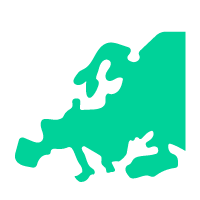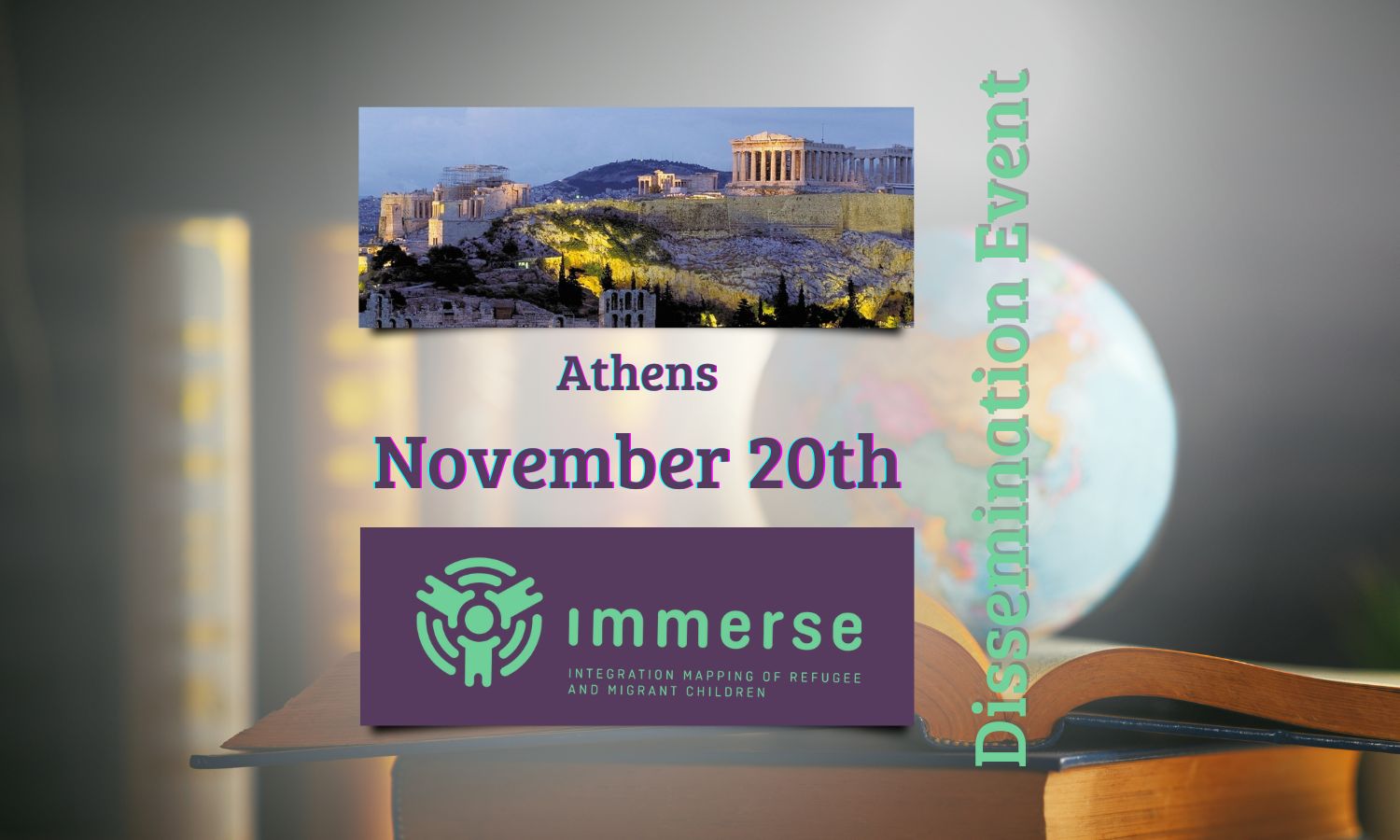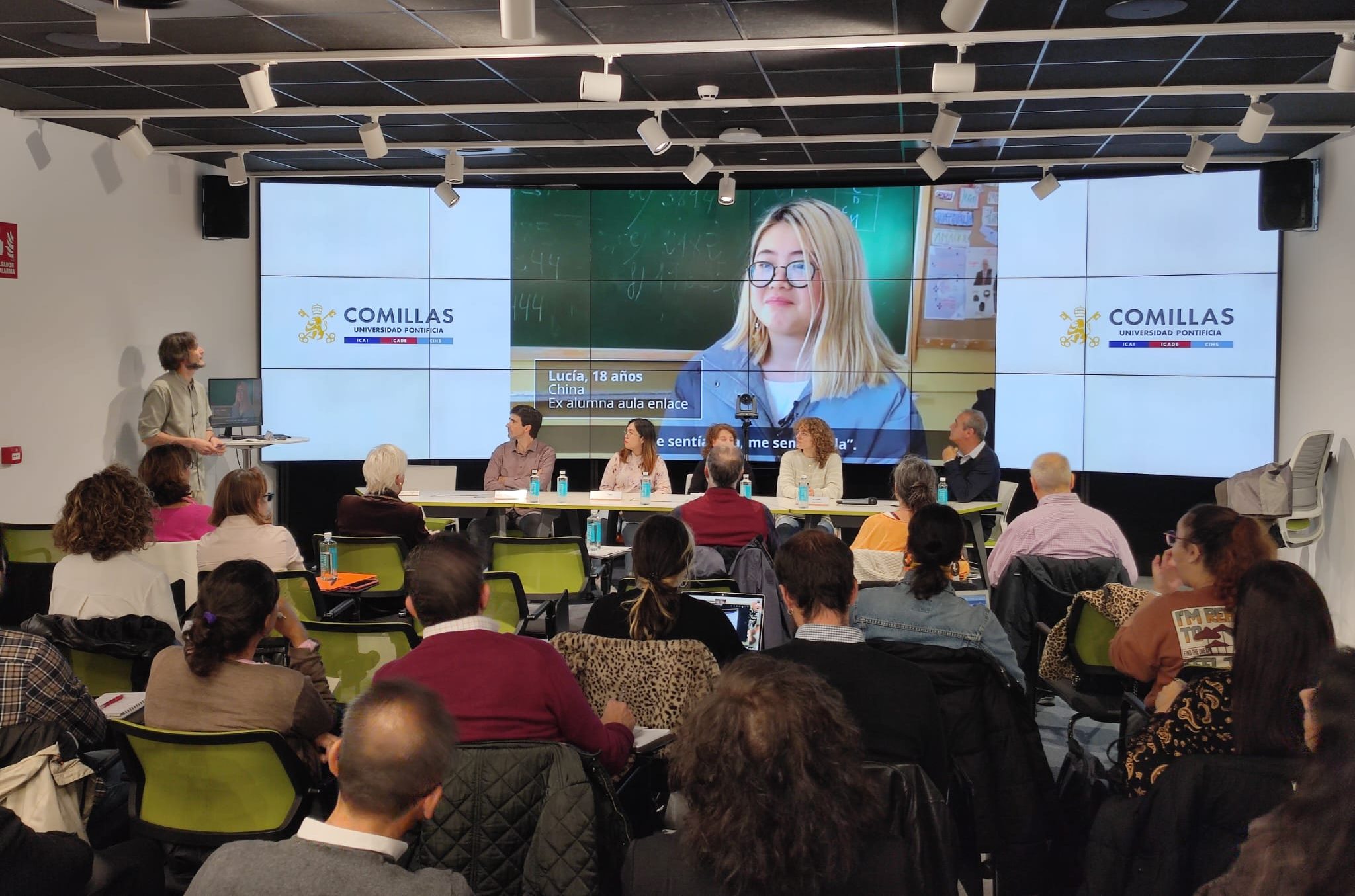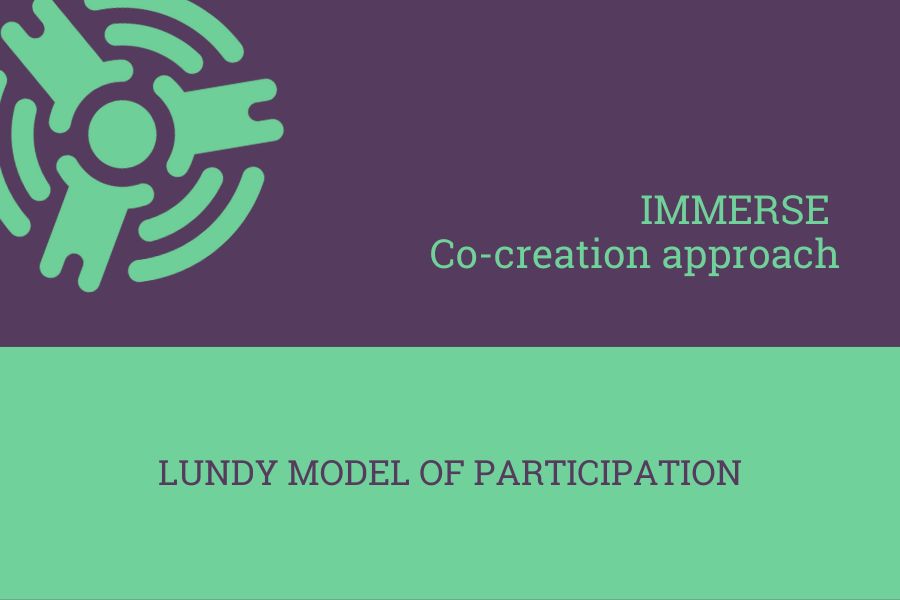Framework
A lack of integration can lead to significant political, social and economic problems. It entails political costs and instability, it erodes social cohesion, and it fosters negative public attitudes that constrain the political space in terms of appropriate management of migration (OECD/EU, 2018). Migration flows also represent significant opportunities. Such opportunities are to be found, above all, in the value of diversity for social progress and economic innovation, but also in the demographic revitalisation of ageing societies and increased sustainability of existing welfare states.
But to unlock the benefits of migration, effective education and social policies are necessary to integrate migrant children successfully into society (OECD, 2018). Early integration in schools has proved to be the best way to build up an inclusive and equal society, avoiding future social exclusion. Solutions must take into account children’s needs and expectations, listening to their voices and using a child-friendly approach. However, due to a lack of quality data on migrant children’s integration and monitoring tools, strategies are developed in an ad-hoc manner at the local level. In this sense, schools, migrant reception centers and policymakers are in urgent need of policies and recommendations on how best to support migrant children, especially newly arrived refugees and unaccompanied minors.
The general objective of IMMERSE is to define a new generation of indicators on the integration and socio-educational inclusion of refugee and migrant children in Europe. IMMERSE will adopt a whole school approach, emphasizing not only the needs of migrant and refugee children, but also those of schools, educators and classmates to foster integration and build an open‐minded, diverse and inclusive environment.
IMMERSE project will identify the main stakeholders in migrant children’s social and educational integration and tackle the challenges highlighted above, grounded on following pillars:
Several stages of the project will involve research with vulnerable populations (children, migrants and refugees) as well as recording and processing of personal data. All research activities will be approved by Ethical Committees and conducted in accordance with European legislation, including Regulation (EC) No 45/2001. In order to protect and assure that IMMERSE activities comply with the ethical requirements an External Ethical Advisor (EEA) has been appointed.
Several stages of the project will involve research with vulnerable populations (children, migrants and refugees) as well as recording and processing of personal data. All research activities will be approved by Ethical Committees and conducted in accordance with European legislation, including Regulation (EC) No 45/2001 in order to protect and assure that IMMERSE activities comply with the ethical requirements an External Ethical Advisor (EEA) has been appointed.







